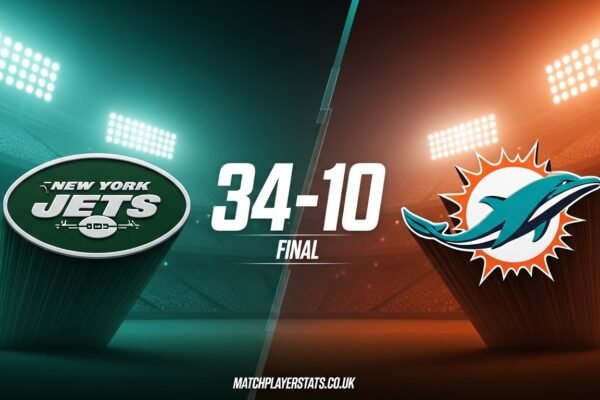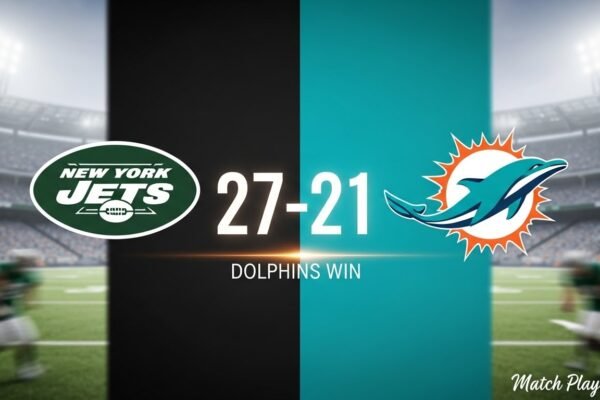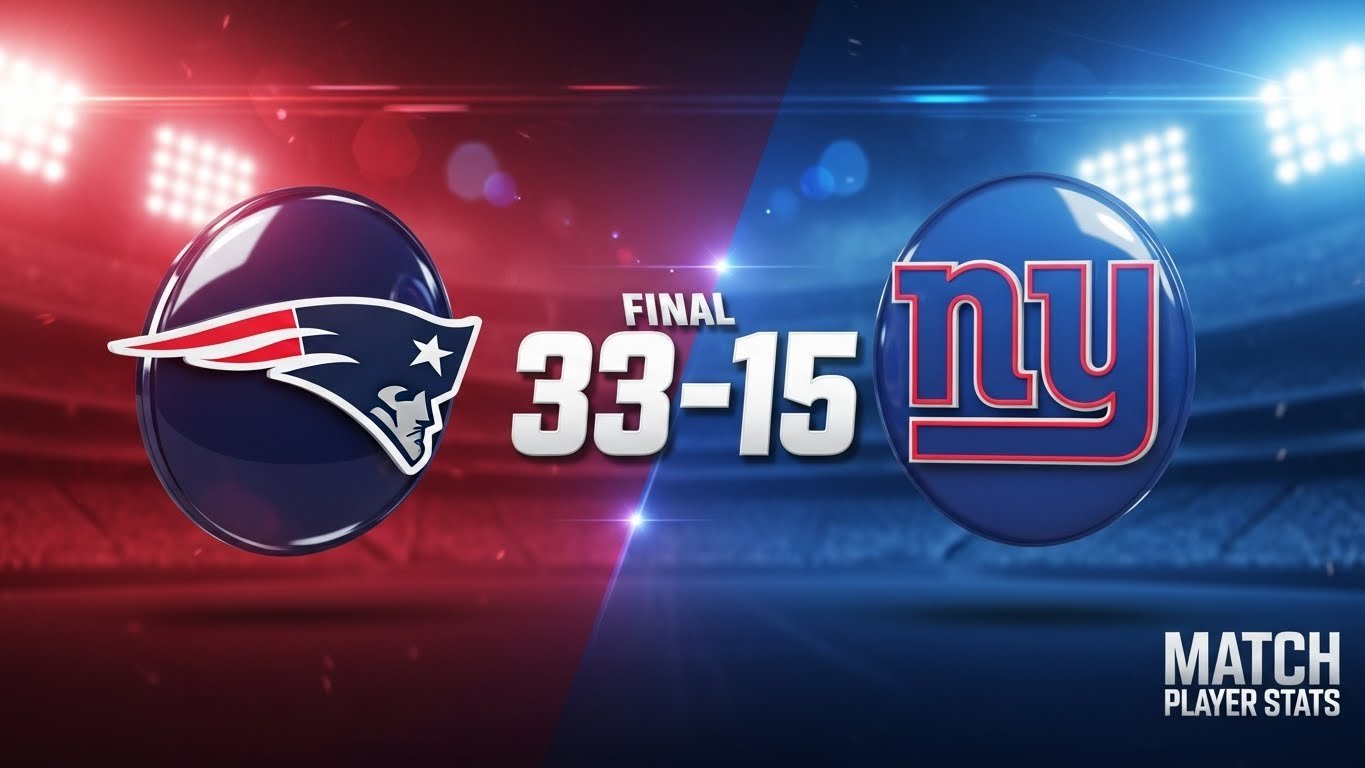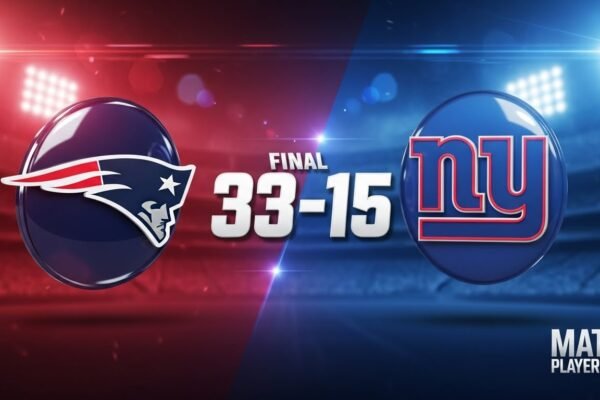
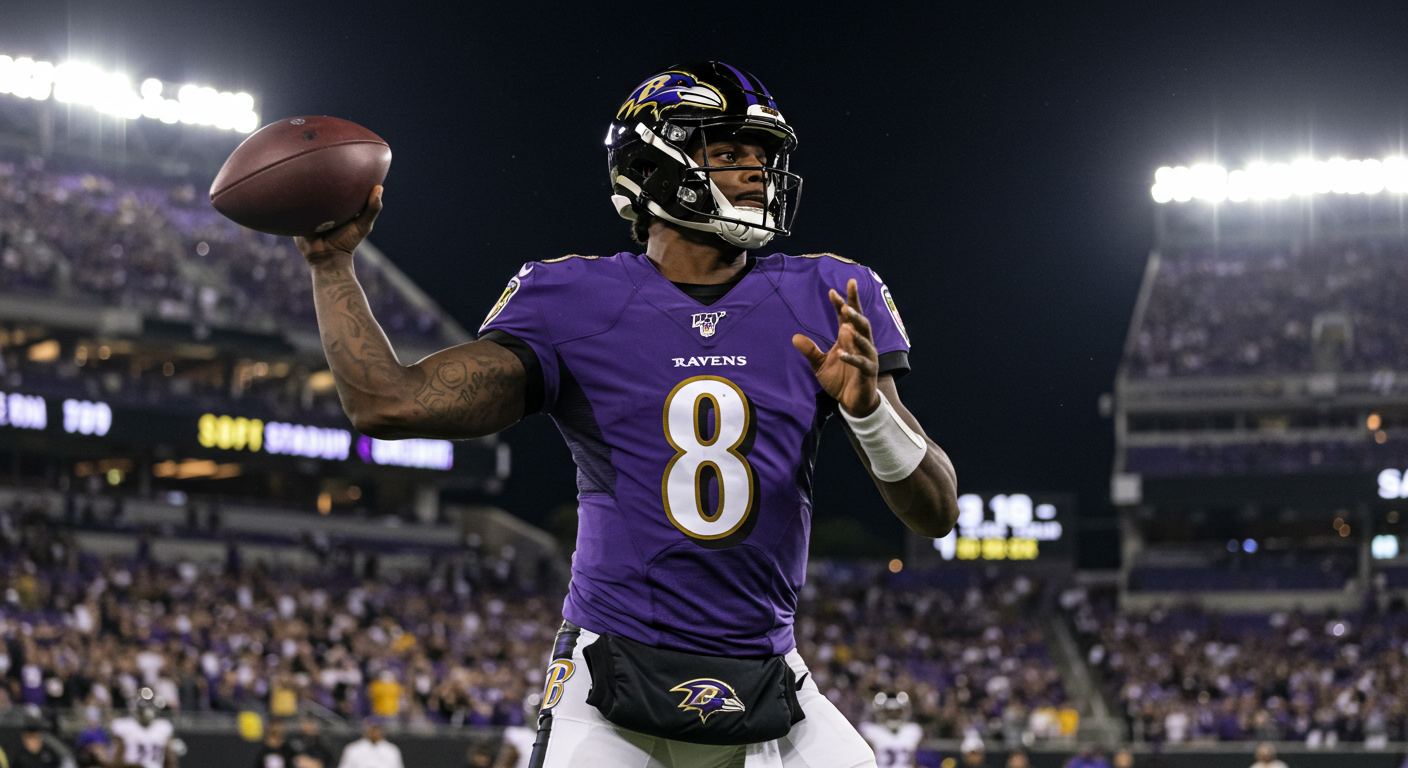
Baltimore Ravens vs Los Angeles Chargers Match Player Stats (Nov 25, 2024)
Quick Stats Summary
| Category | Ravens | Chargers |
|---|---|---|
| Final Score | 30 | 23 |
| Total Yards | 389 | 285 |
| Rushing Yards | 212 | 83 |
| Passing Yards | 177 | 202 |
| Time of Possession | 30:57 | 29:03 |
| Turnovers | 0 | 0 |
SoFi Stadium packed 70,240 fans for Monday Night Football’s third Harbaugh Bowl, and Baltimore dominated far more than the 30-23 score indicates. The Ravens rushed for 212 yards against the NFL’s tenth-ranked run defense, controlled both lines of scrimmage, and outgained Los Angeles 369-162 after the opening quarter.
Table of Contents
The 16-Yard Line Decision That Changed Everything
Down 10-7 in the second quarter, John Harbaugh made the call. Fourth-and-one from his own 16-yard line. The Ravens lined up, snapped directly to Mark Andrews, and the tight end powered forward for two yards.
Since 2012, no NFL team had successfully attempted a fourth down conversion that deep in their own territory during the first half. Five plays after Andrews’ conversion, Lamar Jackson launched a pass that traveled 57.4 yards through the air to Rashod Bateman. Touchdown Baltimore. Lead changed. Game changed.
The Chargers never recovered from that sequence. Their next touchdown came 54 minutes of game time later, with only Cameron Dicker field goals keeping them within reach during that massive drought.
Derrick Henry and the Physical Mismatch
Ravens Ground Attack
| Runner | Attempts | Yards | Average | Touchdowns |
|---|---|---|---|---|
| Derrick Henry | 24 | 140 | 5.8 | 0 |
| Justice Hill | 4 | 55 | 13.8 | 1 |
| Lamar Jackson | 8 | 15 | 1.9 | 1 |
| Mark Andrews | 1 | 2 | 2.0 | 0 |
| Total | 37 | 212 | 5.7 | 2 |
Henry’s first three carries gained 13 yards. His next 21 carries went for 127 yards. Once he found his rhythm with consecutive runs of 19, 14, and 11 yards on Baltimore’s first scoring drive, the Chargers’ defense had no answers. This marked Henry’s 20th career game with 140-plus rushing yards, tying LaDainian Tomlinson for seventh all-time in NFL history.
Jim Harbaugh’s defense had never allowed 200 rushing yards in an NFL game until Monday night. The Ravens became the first team to accomplish that against him, grinding out 12 rushing first downs to the Chargers’ 7.
Chargers Ground Game Disappears
| Runner | Attempts | Yards | Average | Touchdowns |
|---|---|---|---|---|
| J.K. Dobbins | 6 | 40 | 6.7 | 0 |
| Justin Herbert | 4 | 29 | 7.3 | 1 |
| Gus Edwards | 9 | 11 | 1.2 | 1 |
| Hassan Haskins | 1 | 3 | 3.0 | 0 |
| Total | 20 | 83 | 4.2 | 2 |
J.K. Dobbins averaged 6.7 yards per carry before his second-quarter knee injury knocked him out. After Dobbins left, the Chargers ran five times total in the final two quarters. Without balance, their offense became predictable, and predictable offenses don’t win in the AFC.
Jackson vs. Herbert: Efficiency Beats Volume
The quarterback matchup defined the game’s trajectory. Lamar Jackson completed 16 of 22 passes for two touchdowns with zero interceptions. One sack for no yards lost. His 126.5 passer rating and 86.6 QBR reflected precision execution when Baltimore needed points.
Justin Herbert threw 36 times, completed 21, but never found the end zone through the air. Four sacks cost him 16 yards. Brandon Stephens got him once. Kyle Van Noy not only sacked Herbert but forced a fumble he recovered himself. The constant pressure resulted in a 75.9 passer rating that reflected his frustrating night.
| Quarterback | Completions/Attempts | Yards | TDs | INTs | Sacks-Yards | Rating |
|---|---|---|---|---|---|---|
| Lamar Jackson | 16/22 (72.7%) | 177 | 2 | 0 | 1-0 | 126.5 |
| Justin Herbert | 21/36 (58.3%) | 218 | 0 | 0 | 4-16 | 75.9 |
Jackson’s average of 8.0 yards per attempt dwarfed Herbert’s 6.1. In a game decided by big plays and sustained drives, efficiency beat volume every time.
Receivers Battle Through Different Challenges
Baltimore’s passing game spread the ball effectively, while Los Angeles struggled after losing their dual-threat back. Before his injury, J.K. Dobbins caught 3 passes for 19 yards, giving Herbert a reliable outlet. Without him, the passing game fell apart.
Ravens Pass Catchers:
- Zay Flowers: 5 catches on 8 targets, 62 yards
- Mark Andrews: Perfect 5-for-5, 44 yards, 1 TD
- Rashod Bateman: 2 catches, 43 yards, including the 40-yard score
- Tylan Wallace: 1 catch, 15 yards
- Justice Hill: 2 catches, 7 yards
Chargers Pass Catchers:
- Ladd McConkey: Perfect 6-for-6, team-high 83 yards
- Will Dissly: 4 catches, 47 yards
- Josh Palmer: Just 3 of 8 targets caught, 38 yards
- J.K. Dobbins: 3 catches, 19 yards before injury
- Jalen Reagor: 2 catches, 20 yards
- Quentin Johnston: Zero catches on 5 targets
Johnston’s drops became the story nobody expected. Third-and-five in the first quarter? Incomplete to Johnston. Third-and-six in the fourth quarter? Incomplete to Johnston again. Third-and-eleven near midfield? Another drop. His five targets without a reception stalled three separate drives when the Chargers desperately needed to sustain momentum.
The Quentin Johnston Problem
While McConkey caught everything thrown his way, Johnston’s zeros across the stat sheet hurt more than any negative yardage could. Five targets. Zero catches. Three killed drives. In the NFL, you either make plays or you don’t, and Monday night Johnston didn’t.
Defense Creates the Pressure Gap
Baltimore’s pass rush overwhelmed the Chargers’ protection scheme. Four sacks. Seven quarterback hits. Constant interior pressure. Malik Harrison led all players with 13 tackles, spending most of the night disrupting plays before they developed.
| Leading Tacklers | Team | Total | Solo | Sacks | Tackles for Loss |
|---|---|---|---|---|---|
| Malik Harrison | BAL | 13 | 7 | 0 | 1 |
| Daiyan Henley | LAC | 10 | 4 | 0 | 1 |
| Nick Niemann | LAC | 8 | 4 | 0 | 0 |
| Tarheeb Still | LAC | 7 | 4 | 0 | 0 |
| Nate Wiggins | BAL | 6 | 6 | 0 | 0 |
The Chargers’ pass rush, featuring Khalil Mack and Joey Bosa, managed one sack. Derwin James Jr. got Jackson once but for zero yards lost. Baltimore’s offensive line dominated both run blocking and pass protection, giving Jackson time and Henry holes all night.
Justice Hill’s Dagger
Fourth quarter. Baltimore leads 23-16. Third-and-two at their own 49-yard line. Every person in SoFi Stadium expected Derrick Henry up the middle. The Chargers defense, exhausted from chasing Henry for three quarters, crowded the box.
Justice Hill took the handoff, found the edge, and exploded. Fifty-one yards later, he crossed the goal line untouched. The clock showed 7:24 in the fourth quarter. The Chargers’ sideline deflated. Hill’s four carries had produced 55 yards and the game’s decisive score.
Special Teams Battle Goes Unnoticed
Jordan Stout’s three punts averaged 54.3 yards for Baltimore, consistently flipping field position in the Ravens’ favor. One punt traveled 62 yards, pinning the Chargers at their own 7-yard line to start a drive. JK Scott punted four times for Los Angeles, averaging just 41.3 yards.
Cameron Dicker kept the Chargers mathematically alive with perfect kicking: 3-for-3 on field goals, including two from 52 yards. Without his leg, this game turns into a blowout by halftime. Justin Tucker made his only attempt from 45 yards for Baltimore.
| Kicker | FG Made | FG Attempts | Long | Extra Points |
|---|---|---|---|---|
| Cameron Dicker (LAC) | 3 | 3 | 52 (twice) | 2/2 |
| Justin Tucker (BAL) | 1 | 1 | 45 | 3/3 |
Derius Davis provided Los Angeles’ lone special teams spark with a 46-yard kick return and 19-yard punt return, but the offense went three-and-out after the long return, wasting the field position.
Critical Downs Define Clock Control
Third down efficiency separated these teams. Baltimore converted 8 of 15 (53.3%) and held the ball for 30:57. Los Angeles converted 5 of 14 (35.7%) and possessed it for 29:03. In the NFL, two extra minutes of possession usually means controlling the game’s outcome.
Fourth down aggression became the philosophical difference. Baltimore went 3-for-3, including that pivotal conversion from their own 16. The Chargers went 2-for-2 but never attempted anything remotely as bold as Baltimore’s early gamble.
Penalties Create False Drama
Nine Baltimore penalties cost them 102 yards. Seven Chargers penalties cost 62 yards. Raw numbers suggest Baltimore’s lack of discipline, but timing changed everything.
Kristian Fulton’s 12-yard pass interference extended Baltimore’s touchdown drive before halftime, a critical mistake. Then came the fourth quarter farce. Los Angeles’ final touchdown drive gained 63 yards total. Three Baltimore pass interference penalties accounted for 42 of those yards. Without those flags in garbage time, this game ends 30-16.
Gus Edwards punched in a one-yard touchdown with 46 seconds left. Isaiah Likely recovered the onside kick immediately after. Game officially over at 30-23, but everyone in the stadium knew it had ended much earlier.
Ravens Control After Early Deficit
Baltimore improved to 8-4, maintaining their position in the AFC North race. They scored on five consecutive possessions from the second quarter through the fourth. After trailing 10-0, they outscored Los Angeles 30-13 and never let the Chargers’ offense find rhythm again.
The Chargers fell to 7-4 in the AFC West. They managed three Cameron Dicker field goals between their opening touchdown and their garbage-time score. Fifty-four minutes between touchdowns won’t beat playoff teams in January.
| Game Control Stats | Ravens | Chargers |
|---|---|---|
| Total Yards | 389 | 285 |
| Yards After Q1 | 369 | 162 |
| Yards per Play | 6.5 | 4.8 |
| Rushing First Downs | 12 | 7 |
| Points After Q1 | 30 | 13 |
John Harbaugh moved to 3-0 against brother Jim in NFL matchups. His team proved they can impose their physical style against quality defenses and win tough Monday Night Football road games.
What Monday Night Revealed
Pro Football Reference has the complete play-by-play for those wanting deeper analysis. For more AFC matchups, see the Ravens-Bills player statistics and Chargers-Chiefs matchup breakdown.
The Ravens vs Chargers individual statistics from Monday Night Football exposed two teams heading different directions. Baltimore’s 212 rushing yards against a top-tier run defense announced their playoff readiness. Los Angeles’ inability to score for 54 minutes raised serious questions about their offensive depth.
Every meaningful metric favored Baltimore after the opening quarter. They protected their quarterback while pressuring Herbert constantly. They converted aggressive fourth-down attempts while the Chargers played not to lose. They controlled the clock, the line of scrimmage, and ultimately, the scoreboard.
The player performances and team stats from this Week 12 AFC showdown proved Baltimore built for January football. The Chargers showed they’re still searching for answers when their Plan A gets disrupted. Seven points separated them on the scoreboard, but the gap between these teams was much wider than any final score could show.


